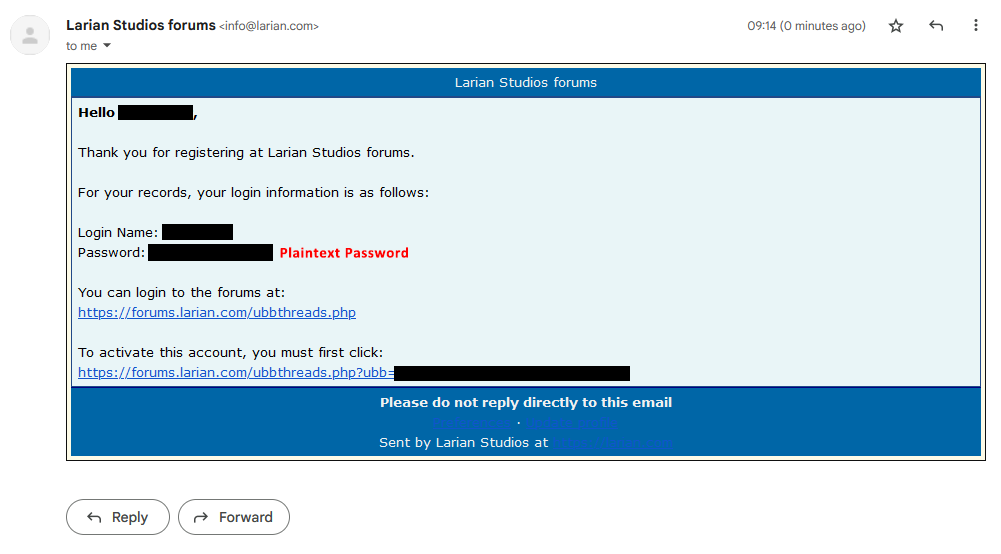this post was submitted on 28 Sep 2023
324 points (75.8% liked)
Games
32521 readers
1197 users here now

Welcome to the largest gaming community on Lemmy! Discussion for all kinds of games. Video games, tabletop games, card games etc.
Weekly Threads:
Rules:
-
Submissions have to be related to games
-
No bigotry or harassment, be civil
-
No excessive self-promotion
-
Stay on-topic; no memes, funny videos, giveaways, reposts, or low-effort posts
-
Mark Spoilers and NSFW
-
No linking to piracy
More information about the community rules can be found here.
founded 1 year ago
MODERATORS
you are viewing a single comment's thread
view the rest of the comments
view the rest of the comments

I asked because what you're describing doesn't do much if you understand how common web frameworks and runtime environments work.
The framework needs to parse the HTTP request. That means holding the parameters in a variable somewhere just to arrange them in a datastructure for processing.
But let's ignore that and say we have some kind of system that stream parses the request right out of the buffer (which itself still needs to be held in memory for a bit, but let's ignore that), and when it matches a preconfigured password parameter, passes it directly to the hashing system and nowhere else. I don't think any framework in existence actually does this, but let's run with it.
We'll still need to pass that value by whatever the language uses for function passing. It will be in a variable at some point. Since we rarely write in C these days unless we have to, the variable doesn't go away in the system until the garbage collection runs. Most systems don't use ref counting (and I think it's a mistake to disregard the simplicity of ref counting so universally, but that's another discussion), so that could happen whenever the thread gets around to it.
But even if it runs in a timely fashion, the memory page now has to be released to the OS. Except most runtimes don't. First, the variable in question almost certainly was not the only thing on that page. Second, runtimes rarely, if ever, release pages back to the OS. They figure if you're using that much memory once, you'll probably do it again. Why waste time releasing a page just to make you spend more time getting it again?
And we're still not done. Let's say we do release the page. The OS doesn't zero it out. That old variable is still there, and it could be handed over to a completely different process. Due to Copy on Write, it won't be cleared until that other process tries to write it. In other words, it could still be read by some random process on the system.
And we haven't even mentioned what happens if we start swapping. IIRC, some Linux kernel versions in the 2.4 series decided to swap out to disk ahead of time, always having a copy of memory on disk. Even if you're not running such an ancient version, you have to consider that the kernel could do as it pleases. Yeah, now that var potentially has a long lifespan.
To do what you want, we would need to coordinate clearing the var from the code down through the framework, runtime, and kernel. All to protect against a hypothetical memory attack. Which are actually quite difficult to pull off in practice. It'd be easier to attack the client's machine in some way.
And on top of it, you're running around with an undeserved sense of superiority while it's clear you haven't actually thought this through.
Yes. I agree 100% with the things I can and I defer to your experience where I can't. I used to write proprietary networking protocols 20 years ago and that's the knowledge and experience I'm leaning on.
As a matter of practice we would ensure to process passwords by encrypting the datasteam directly from the input, and they were never unencrypted in handling, so as to protect against various system and browser vulnerabilities. It would be a big deal to have them accessible in plaintext beyond the user client, not to mention accessible and processable by email generation methods and insecure email protocols.
I think you're a liar
It's a good thing your opinion makes no difference then isn't it.